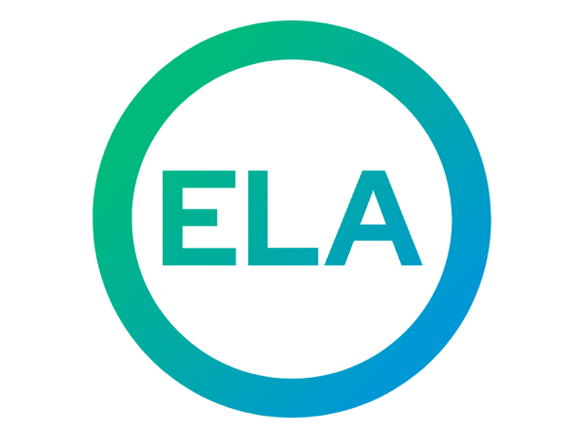OpenELA automates rapid access to enterprise Linux
Which Linux should I use?
More specifically, developers using enterprise Linux in fast-moving compute and analytics environments will want to know which version of major distros from Red Hat, SuSE, Debian, Fedora, Oracle Linux or other they should be using in any given deployment scenario… and, more importantly, they will want to know where and how to get it.
The Open Enterprise Linux Association (OpenELA) now offers an automated process to make new enterprise Linux sources available just days after each release of new versions of Red Hat Enterprise Linux (RHEL).
Packages for the most recent such releases – RHEL 9.4 & RHEL 8.10 – are now available at GitHub main repositories.
The organisation says that its “rapid response” demonstrates its utility as a resource for independent software vendors (ISVs), independent hardware vendors (IHVs), processor manufacturers, independent developers and others who need reliable and secure access to enterprise Linux sources to create their downstream builds.
What is OpenELA?
OpenELA exists to deliver open source code, tools and systems for the community.
Its core tenets include full compliance with existing enterprise Linux standards, swift updates and secure fixes, transparency, community, and ensuring that these resources remain free and redistributable for all.
“Anyone interested in creating a downstream build can access the OpenELA repositories to access the sources they need,” said Gregory Kurtzer, CEO, CIQ and a founding member of OpenELA. “Since we don’t create the actual build and simply provide reliable access to the sources, we can move quickly and empower the entire open source ecosystem to accelerate the development and delivery of their enterprise Linux builds.”
If a developer creates a downstream build, they are welcome you to join OpenELA – this is the open invite statement from Alan Clark, member of the office of the CTO, SUSE and a founding member of OpenELA.
“The ability of OpenELA to move quickly in providing the sources to these releases illustrates to the open source community that now, with OpenELA, access to enterprise Linux sources is reliably available. This is central to the OpenELA mission: sharing with the world that these open source components are here for the taking, as they should be,” said Clark.
What is a downstream build?
As Akash Patil, support rngineer at Checkmarx explains here, An upstream job is a configured project that triggers a project as part of its execution. A downstream job is a configured project that is triggered as part of a execution of pipeline. In simple words, upstream project triggers another project after build and downstream project triggers itself when particular project build completes.”
As Vishwajit Kumar adds, “A downstream pipeline is a Jenkins pipeline job that is triggered by another pipeline job. It depends on the successful execution of the upstream pipeline(s). The downstream pipeline will not be executed until the upstream pipeline(s) have successfully completed.”
Wim Coekaerts, executive vice president, software development, Oracle and a founding member of OpenELA says that OpenELA has automated the downstream distribution build process to help users get the benefits of the latest versions of enterprise Linux as efficiently as possible.
OpenELA seeks to build robust, community-driven standards that ensure impartiality and equal access in the broad EL ecosystem.




